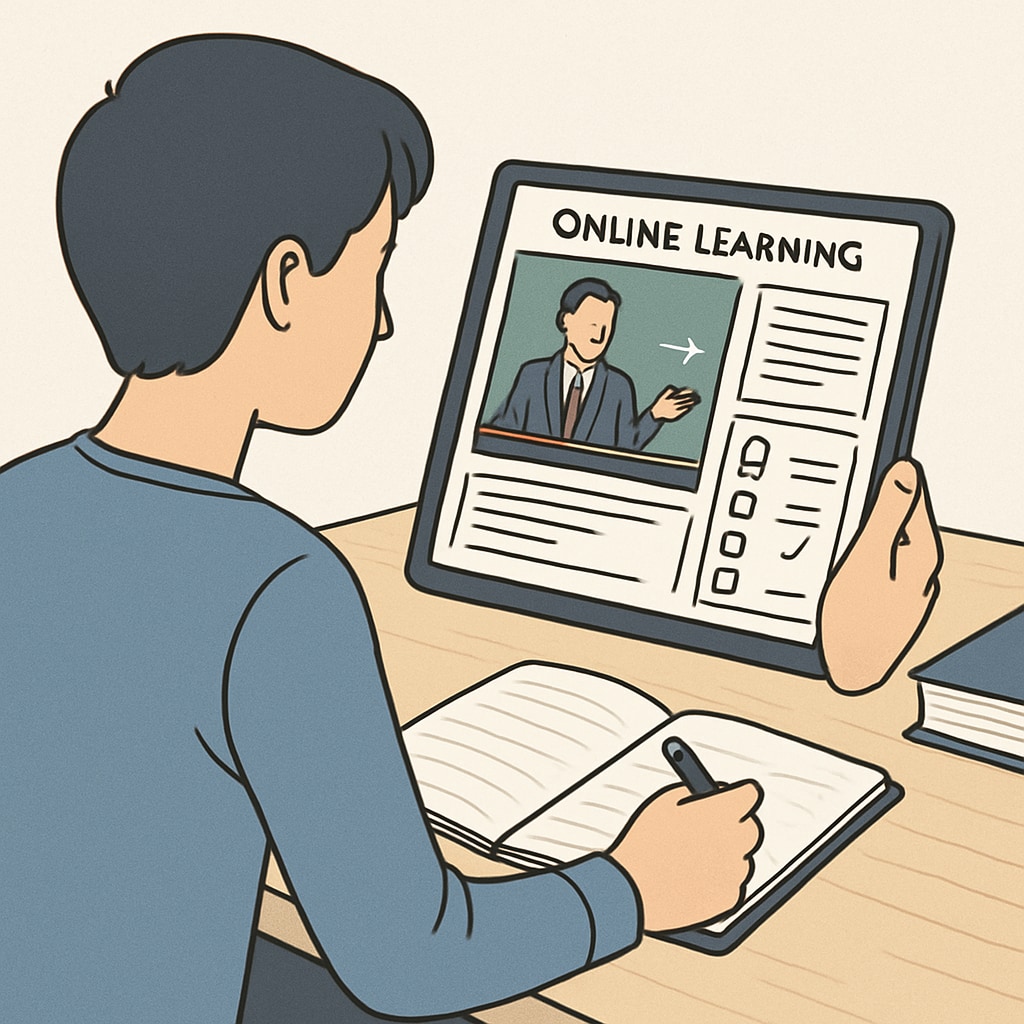It’s never too late to start learning. For adults who missed out on formal education, the journey to fill those gaps can seem intimidating. However, addressing education gaps, building foundational knowledge, and finding self-learning resources are not only achievable but also empowering steps toward a brighter future. With a clear plan, the right tools, and dedication, anyone can embark on a successful educational journey.
Understanding Education Gaps and Their Impact
Education gaps refer to the lack of formal learning or incomplete foundational knowledge that can hinder personal and professional growth. These gaps may arise due to various reasons such as financial constraints, family responsibilities, or limited access to quality education. However, gaps in education should not be seen as dead ends; they are merely detours that can be navigated with determination and the right resources.

Practical Steps to Build Foundational Knowledge
Building foundational knowledge is the first step in overcoming education gaps. Foundational knowledge includes basic literacy, numeracy, and critical thinking skills, which are essential for further learning and personal development. Here are some practical steps:
- Assess your current skills: Identify areas where you need improvement, such as reading comprehension, math, or digital literacy.
- Set achievable goals: Break your learning journey into smaller, manageable milestones to maintain motivation.
- Use structured resources: Enroll in adult education programs or use free online courses that provide step-by-step guidance.
For example, platforms like Khan Academy offer a range of free courses tailored for learners of all ages, covering subjects from basic math to advanced sciences.
Finding the Right Self-Learning Resources
In today’s digital age, self-learning has never been more accessible. Adults seeking to fill their education gaps have access to an abundance of free and low-cost resources. Here are some categories to explore:
- Online platforms: Websites like Coursera and edX offer courses from reputable universities worldwide.
- Mobile apps: Apps such as Duolingo for languages or Brilliant for critical thinking can be used on the go.
- Public libraries: Many libraries provide free access to books, e-books, and educational workshops.
Additionally, YouTube has a wealth of educational content, including channels dedicated to teaching specific subjects, making it a valuable resource for self-learners.

Overcoming Common Challenges in Adult Education
While the idea of restarting your education as an adult can be exciting, it’s not without challenges. Time constraints, lack of confidence, and financial limitations are common obstacles. Here’s how to address them:
- Time management: Dedicate a specific time each day to studying, even if it’s just 15 minutes.
- Seek support: Join local study groups or online forums for encouragement and accountability.
- Utilize free resources: Focus on free or low-cost options to minimize financial barriers.
Remember, progress is more important than perfection. Celebrate small wins to stay motivated throughout your journey.
A Brighter Future Through Lifelong Learning
Education is a lifelong journey, and it’s never too late to start. By addressing education gaps, building foundational knowledge, and leveraging self-learning resources, adults can open doors to new opportunities in their careers and personal lives. The key is to take the first step, no matter how small, and trust in your ability to grow and succeed.
As the saying goes, “The best time to plant a tree was 20 years ago. The second-best time is now.” So, take charge of your learning journey today and watch as new possibilities unfold before you.
Readability guidance: This article uses short paragraphs and clear lists to enhance readability. Transition words like “however,” “in addition,” and “for example” are used to improve flow. The focus remains on providing actionable advice for adult learners.


